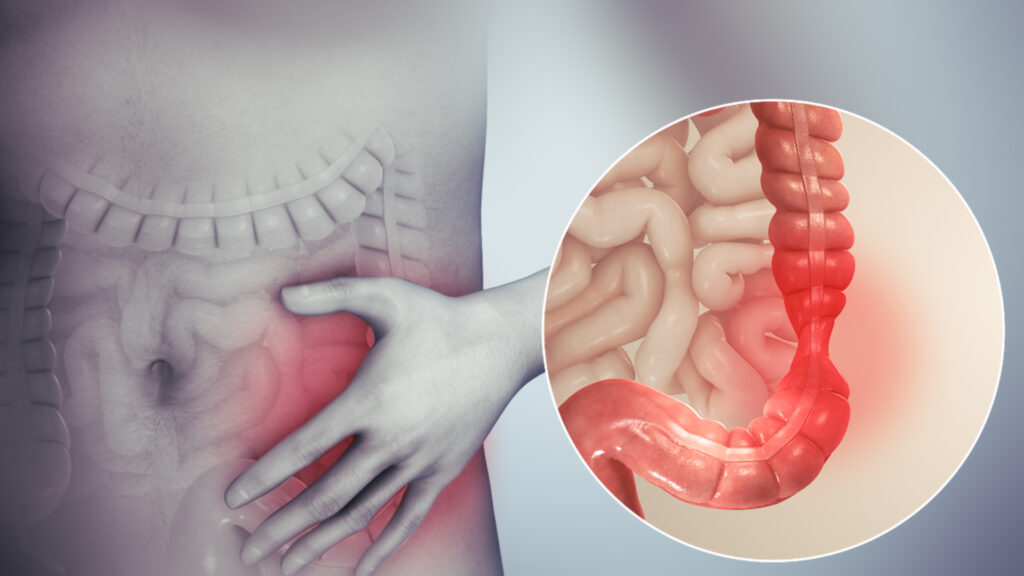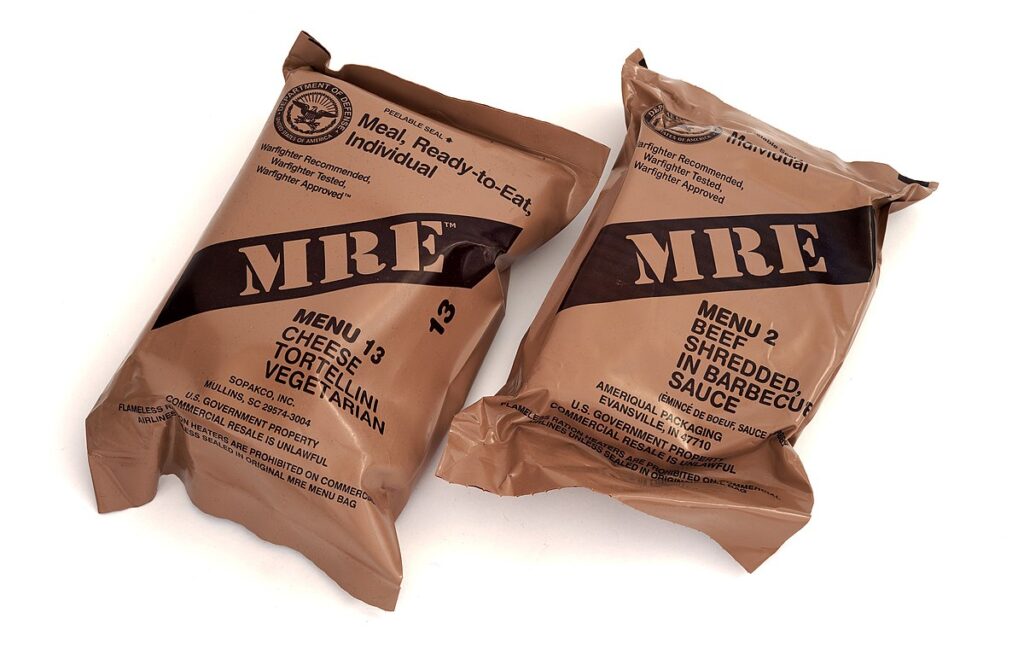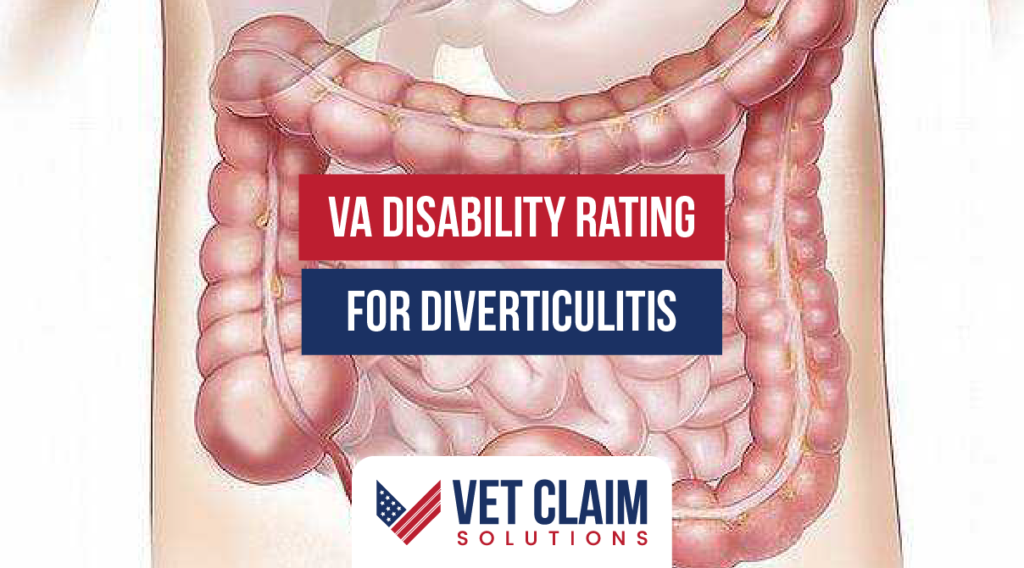Navigating the VA disability ratings for diverticulitis can feel like deciphering a complex code. Yet, by joining forces, we can simplify this intricate puzzle step by step. This condition, marked by inflamed or infected pouches in the colon, is more than just abdominal pain; it’s a challenge that many veterans face post-service.
In this journey through understanding VA Disability Ratings for Diverticulitis, you’ll get to grips with how these conditions are rated and what criteria must be met to establish service connection. From tackling the Compensation and Pension Exam process to identifying common secondary conditions linked with diverticulitis, we aim to arm you with knowledge.
We also dive into strategies for boosting your rating and distinguishing between IBS and diverticulitis in claims. Additionally, we delve into the distinctive stressors of military existence that could exacerbate manifestations. At last, for those geared up and ready, a detailed roadmap to filing your claim awaits, step by careful step.
Understanding VA Disability Ratings for Diverticulitis
Diverticulitis Rated as Irritable Colon Syndrome

The VA often categorizes diverticulitis under irritable colon syndrome using Diagnostic Codes 7327, 7319, 7301, and 7323. Hence, the presence of symptoms like stomach aches and disruptions in bowel habits are pivotal in deciding your assessment score. Severity ranges from mild disturbances causing occasional episodes of stomach pain to severe conditions marked by frequent episodes with significant weight loss or malnutrition impacting daily activities drastically.
To get an accurate picture of how this impacts you personally, consider keeping detailed records on symptoms including but not limited to nausea, vomiting, and alternating diarrhea which could help strengthen your claim.
Establishing a Direct Service Connection

Demonstrating a direct link between military service and the onset or aggravation of diverticulitis is essential for securing benefits. If you’re aiming to establish this connection, remember documentation is key—medical records before, during, and after service showing continuity of symptomatology or any incidents that might have triggered your condition are invaluable pieces of evidence.
In cases where establishing a direct link seems challenging, understanding common secondary conditions associated with diverticulitis such as liver abscess, peritoneal adhesions, or ruptured appendix may provide alternative routes for claims eligibility, potentially influencing overall disability ratings positively when combined with primary diagnoses. Read more about connecting secondary conditions at VA Claim for Diverticulitis Compensation & Pension Exam.
Beyond just filing, there’s also consideration needed towards potential examinations required by the VA. These exams evaluate both the presence, severity, and impact of said condition on one’s life, providing further justification for assigned ratings. It helps immensely if you go into these evaluations prepared, knowing what kind of medical questions will be asked, so make sure to review guidance provided online beforehand, allowing yourself the best chance of success to navigate through the process smoothly and efficiently possible. Armed with the right knowledge and support, claiming benefits due becomes a less daunting task than it initially appears. Good luck.
Key Takeaway:
Navigating VA disability ratings for diverticulitis means knowing it’s often rated under irritable colon syndrome. Keep detailed symptom records and establish a direct service connection with thorough documentation. Exploring secondary conditions can boost your claim, and preparing for VA exams is crucial to success.
The Compensation and Pension Exam Process
Preparing for Your C&P Exam

If you’re stepping into the ring with diverticulitis, gearing up for your Compensation and Pension (C&P) exam is like training for a title fight. First off, knowing what’s in store can turn those pre-exam jitters into confidence. During this crucial face-off, a VA examiner will sift through your veteran’s medical records faster than a detective on the trail of clues.
But here’s where you take control: Bring everything—yes, every scrap of paper that mentions abdominal pain or that time your stomach decided to imitate Mount Vesuvius. Why? Because these documents are golden tickets to proving how diverticulitis has been more than just an inconvenience—it’s impacted your daily activities.
This VA Claim guide for Diverticulitis Compensation & Pension Exam isn’t just another link in the chain; it’s your blueprint to nailing down specifics about symptom tracking and documentation. The trick is not just showing up but presenting evidence so compelling that even Sherlock Holmes would be impressed.

Beyond paperwork, expect questions aimed right at understanding how often diverticulitis crashes into your life like an unwelcome guest at Thanksgiving dinner. Questions may probe into episodes of abdominal distress or weight loss so severe it might seem like part of some extreme diet plan gone wrong. They’re looking to gauge whether this condition has you missing work or if social engagements now sound as appealing as a root canal without anesthesia.
Last piece of advice? Dive deep when explaining symptoms during the exam because details matter here almost as much as they do in grand opera plots. Let them know about any secondary conditions too—like irritable bowel syndrome tagging along—and don’t hold back on describing how frequent episodes make ordinary tasks Herculean efforts.
Key Takeaway:
Step into your C&P exam prepared, like a boxer ready for the big fight. Bring all your records to show how diverticulitis affects your life and dive deep into symptom details during the exam. It’s not just about showing up; it’s about presenting a compelling case.
Common Secondary Conditions Associated with Diverticulitis
When we talk about diverticulitis in veterans, it’s not just the primary condition that can impact their quality of life and VA disability ratings. There are several common secondary conditions linked to diverticulitis that may further affect your overall health and disability claim.
Secondary Service Connected Conditions

The road from a diagnosis of diverticulitis to understanding its full impact involves recognizing the common secondary conditions associated with it. These often include irritable bowel syndrome (IBS), ulcerative colitis, and peritoneal adhesions. Navigating through each of these ailments unveils a unique battlefront, marked by symptoms like bellyache, shedding pounds, recurrent tummy troubles, or drastic alterations in how the body processes waste.
Veterans might find themselves navigating an intricate web where one health issue leads to another. For instance, small bulging pouches in your colon could escalate into infected diverticula – signaling a transition from mild disturbances to more severe symptoms like nausea or vomiting.
How Condition Impacts Ratings

The VA evaluates each condition individually but also considers how multiple disabilities affect you as a whole. If you’re dealing with IBS alongside your primary diagnosis of diverticulitis under Diagnostic Code 7327 for irritable colon syndrome, see details here, this could potentially increase your combined rating by reflecting greater severity in symptoms including alternating diarrhea and constipation or constant abdominal distress.
Navigating through daily life becomes a hefty challenge due to these intertwined health concerns, a factor that the VA carefully weighs while assigning disability scores.
This holistic view means understanding every facet—from occasional episodes caused by dietary triggers to more moderately severe flare-ups—that contributes to your predominant disability picture is crucial for accurately assessing service connection and compensation levels.
Strategies for Increasing Your VA Rating for Diverticulitis
Navigating the labyrinth of VA disability claims while grappling with diverticulitis, mastering the art of elevating your rating can transform your ordeal. This isn’t just about getting more benefits—it’s about ensuring your condition is accurately recognized.
Diverticulitis Rated as Irritable Colon Syndrome

The VA often categorizes diverticulitis under irritable colon syndrome, assigning it diagnostic codes 7327, 7319, 7301, and 7323. Ratings vary from 0% to a full 100%, hinging on severity. The trick? Show how your symptoms match or exceed those described in higher ratings. Documenting frequent episodes of abdominal pain or significant weight loss due to bowel disturbance is key.
Initiate your journey by meticulously examining your health documentation for insights. Look for evidence of severe symptoms like constant abdominal distress that interferes with daily activities or instances requiring medical attention such as hospitalizations.
Establishing a Direct Service Connection

A direct service connection means proving that military service directly caused or aggravated your diverticulitis. If you’ve got documented incidents during service—like an infected diverticula incident after eating MREs (Meal Ready-to-Eat) under stressful conditions—you’ve got gold. But remember: It’s not just about showing occurrence; it’s also demonstrating ongoing impact.
Gather all pieces of evidence including doctor visits while enlisted and statements from fellow veterans who witnessed your health issues firsthand during deployment.
Navigating the Claims Process for Service-Connected Diverticulitis
Filing successfully involves precision strategy right from understanding the relevant sections of the CFR §4 .114 regulations. Highlighting connections between stress factors experienced during military service and exacerbation of IBS symptoms could strengthen claims significantly if PTSD has been acknowledged previously. Additionally acquiring a detailed Medical Nexus Letter linking these dots becomes invaluable – effectively telling ‘your story’ through clinical eyes.
Remember each piece added forms part of a larger puzzle aimed at illustrating not just presence but profound impact on quality life thus underscoring need adjusted rating reflecting true disability picture veteran lives with every day.
Key Takeaway:
Boost your VA rating for diverticulitis by documenting severe symptoms, proving a direct service connection, and navigating the claims process with precision. Every piece of evidence counts towards painting a clear picture of your condition’s impact on daily life.
Differentiating Between IBS and Diverticulitis in VA Claims
When you’re knee-deep in the trenches of filing a VA claim, understanding the difference between irritable bowel syndrome (IBS) and diverticulitis can feel like trying to navigate a minefield without a map. Both conditions wreak havoc on your gut but have distinct characteristics that are crucial for your VA disability claim.
Diverticulitis Rated as Irritable Colon Syndrome

The confusion often starts with how these conditions are categorized by the VA. Diverticulitis frequently falls under Diagnostic Codes 7327, 7319, 7301, and 7323, sharing real estate with its distant cousin—irritable colon syndrome or IBS. This categorization is vital because it determines how your condition is rated, directly affecting your benefits.
Ratings range from 0% to an all-hands-on-deck level of attention at 100%, based on symptoms severity like abdominal pain which could be as unpredictable as weather forecasts during springtime in Kansas.
Establishing a Direct Service Connection

To secure that well-deserved rating for either condition requires proving they’re service-connected—a task akin to finding where Waldo’s hiding at any given moment but not impossible. For diverticulitis claims specifically, demonstrating direct links includes showing evidence of diagnosis during military service or linking its onset directly to aspects of service life; think stress-induced flare-ups after consuming MREs (Meals Ready-to-Eat).
In contrast, when laying down the law for an IBS claim under irritable colon syndrome codes, medical records pinpointing chronic symptoms like stomach pain or weight loss become critical pieces of evidence. But remember: while both share similarities like unwanted guests crashing at Thanksgiving dinner—they require unique approaches when presenting them in front of Uncle Sam’s table aka the compensation and pension exam process.
The Role of Stress Factors in Diverticulitis Among Veterans
Stress, a familiar companion to veterans, can play a significant role in the development and exacerbation of diverticulitis. Understanding this connection is crucial for those looking to establish service-connected disability claims.
Is Diverticulitis a Secondary Claim to PTSD?
Veterans often ask if their diverticulitis can be considered secondary to PTSD. The answer lies in the intricate dance between stress factors common during military service and their impact on gut health. When your body is constantly under siege by stress, it’s like throwing fuel on the fire for conditions like diverticulitis.
Exploring this connection sheds light on the potential for veterans to successfully argue that PTSD-induced stress is a key factor exacerbating their health issues. But remember, every veteran’s ability to connect these dots will vary based on individual medical histories and documentation.
Veteran’s Ability: Coping with Symptoms Through Management Strategies
Mastering the art of navigating both the psychological hurdles and bodily discomforts stemming from conditions like diverticulosis or its intensified variant, diverticulitis, hinges on deploying effective coping mechanisms. Simple lifestyle adjustments—like regular exercise, dietary changes, and mindfulness practices—can significantly reduce symptom severity.
It’s also vital that veterans inform the VA about all aspects of their condition during compensation exams or when submitting additional evidence through medical nexus letters. By thoroughly detailing the effects of military duty on one’s well-being, individuals take a crucial stride in securing an accurate assessment for their disability compensation.
Navigating the Claims Process for Service-Connected Diverticulitis
When you’re tackling the VA claims process for service-connected diverticulitis, knowing where to start can feel like finding a needle in a haystack. Fear not; we’re here to support you with some hands-on tips and crucial knowledge.

Service-Connect Your Diverticulitis
Starting our conversation, we’ll delve into the process of ensuring your diverticulitis is officially linked to your time in the military. This might sound daunting, but it boils down to showing that those tough times during or after service contributed directly or indirectly to your condition. A critical piece of this puzzle is understanding how 38 CFR § 4.114, specifically Diagnostic Codes 7327, 7319, 7301, and 7323 play into rating your situation from mild annoyance all the way up to significant impact on daily life.

Tips For Your VA Claim
Gathering evidence is like going on a treasure hunt where what you find can make or break your claim. Think medical records that highlight every flare-up and doctor’s visit related to diverticulitis since discharge from military service—these are gold. Plus, jotting down notes on how symptoms affect everyday tasks gives a clear picture of its impact.

Medical Nexus Letter: The Golden Ticket?
A nexus letter could be considered the golden ticket in this journey—a detailed document from a healthcare professional stating they believe there’s an undeniable link between military service and current health woes due to diverticulitis. While not always easy peasy lemon squeezy getting one of these letters involves explaining clearly why you think there’s connection based upon incidents during services such as exposure conditions known aggravate gastrointestinal issues.
Conclusion
So, you’ve journeyed through the maze of VA Disability Ratings for Diverticulitis. You’ve learned how to navigate diagnostic codes and establish a service connection.
Diving into your C&P exam prep was key. Remembering the importance of tracking symptoms and having your medical records ready will make all the difference.
Upon uncovering additional ailments that might affect your assessment, you’ve added a new layer to the complexity of your situation. Knowing these can help boost your overall disability picture.
Tackling strategies to increase your rating showed it’s not just about what you face now but understanding how to present it effectively.
Differentiating between IBS and diverticulitis clarified things, didn’t it? It’s crucial for filing accurately.
The role stress plays in aggravating symptoms cannot be overlooked; military life brings unique challenges that affect health post-service.
Filing successfully means gathering evidence meticulously, highlighting why each step matters in making sure veterans get the benefits they deserve. Now, armed with this knowledge, navigating VA claims should feel less daunting and more doable. Ready?


